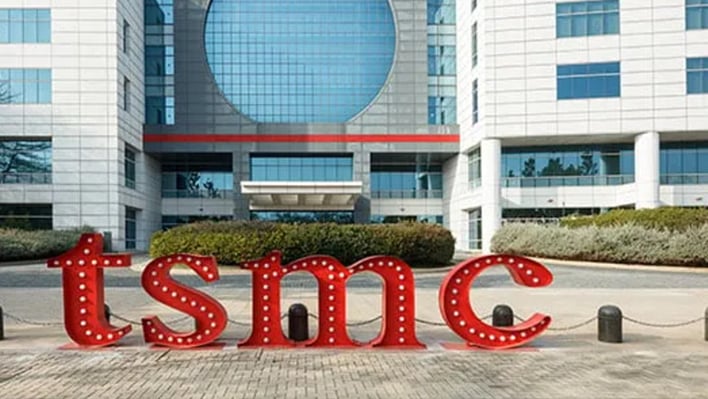AMD CEO Explains Why Paying More For US-Made TSMC Chips Makes Sense
In recent comments, Dr. Su said that paying for TSMC chips manufactured in Arizona cost "more than 5% but less than 20%" compared to chips it builds in Taiwan. She believes this is an overall positive, since TSMC can be more diverse In where its chips are made. This will mean better overall stability and can have other ramifications too, namely with trade and security.
If TSMC manufacturing in Taiwan is cheaper, but has political or supply chain instability in the future, those savings can be quickly wiped out.

Prices for its chips are likely to keep going up, regardless of where they have been manufactured. This will trickle down to the consumer, as it has been with GPUs for example. AMD and NVIDIA both have products on the market that have seen a sharp rise in pricing this year, notably items such as the GeForce RTX 5090. Its baseline $1,999 MSRP has been a bit of a unicorn in the wild, with NVIDIA's hardware partners charging as much as $3,000 or more for custom models due to scarcity and demand for the GPU itself.
AMD and others like it have a good understanding of what stability in the supply chain means for its business. During supply chain woes of the last vie years, the entire industry was turned upside down while it adapted to rapidly changing situations.
In comments made during a recent All-In Podcast (as reported by Bloomberg), Dr. Su said she already believes that the Arizona plant is on par with the Taiwan based ones when it comes to yield, an important measure for the usable chips that can be utilized. With the push for AI infrastructure, these chips are likely to keep being relevant for a very long time as the world builds this new normal.

